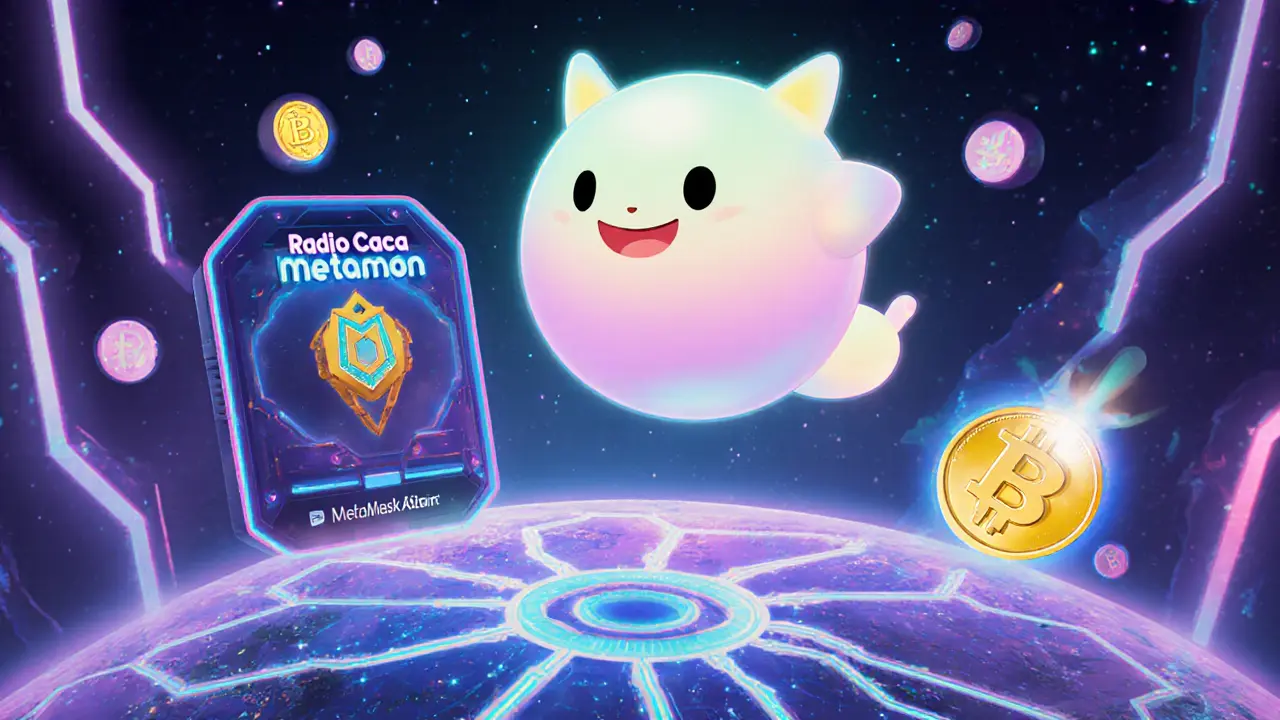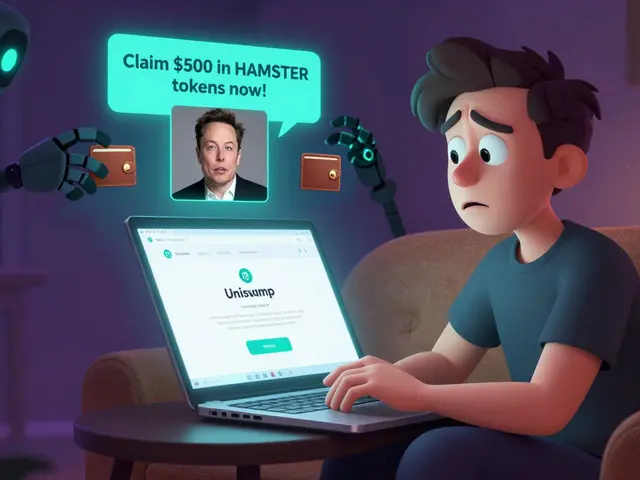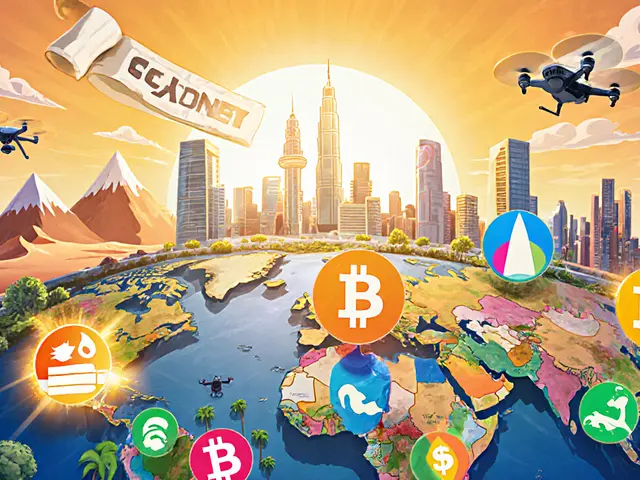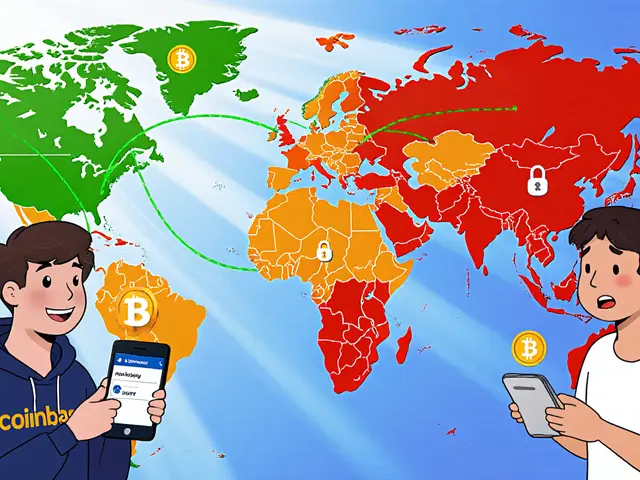Radio Caca Airdrop: What It Is, How It Worked, and Why It Mattered
When you hear Radio Caca, a meme-inspired cryptocurrency built on Binance Smart Chain that gained traction through community-driven airdrops and NFT hype. Also known as RACA, it wasn't built on complex DeFi tech—it was built on internet culture, Discord hype, and the simple idea that free tokens can turn followers into believers. The Radio Caca airdrop wasn't just a giveaway; it was a marketing engine. It turned casual crypto curious users into token holders overnight, and for a while, that was enough to move the price.
Unlike serious blockchain projects that require staking, liquidity provision, or governance participation, Radio Caca’s airdrop was brutally simple: connect your wallet, follow a few social accounts, and you got RACA tokens. No lockups. No minimum balance. No KYC. It worked because it was easy. And it tapped into a truth most big exchanges ignore: people don’t need utility to care about a token—they just need to feel like they’re part of something before it blows up. The BSC airdrop, a common distribution method on Binance Smart Chain that bypasses centralized exchanges and rewards early adopters directly model became the blueprint for dozens of similar projects after Radio Caca. But few matched its scale or speed.
It also exposed how meme coin, a cryptocurrency driven by internet trends and community sentiment rather than technical innovation or financial fundamentals airdrops operate. There’s no whitepaper. No team with verifiable track records. Just a Twitter account, a Telegram group, and a token contract. The risk? High. The reward? Sometimes, life-changing gains—if you sold at the right time. And that’s what kept people coming back. Even when the price crashed 90%, new users still joined the next airdrop, hoping they’d catch the next wave.
What you’ll find in the posts below isn’t just about Radio Caca. It’s about the entire ecosystem that makes these airdrops possible—and why most of them vanish. You’ll see how other projects like RichQUACK and SPAT ran similar campaigns, how NFT airdrops like Lunar Crystal failed to deliver, and why you should never claim a token without checking the contract. This isn’t a guide to getting rich. It’s a guide to not getting ripped off.



